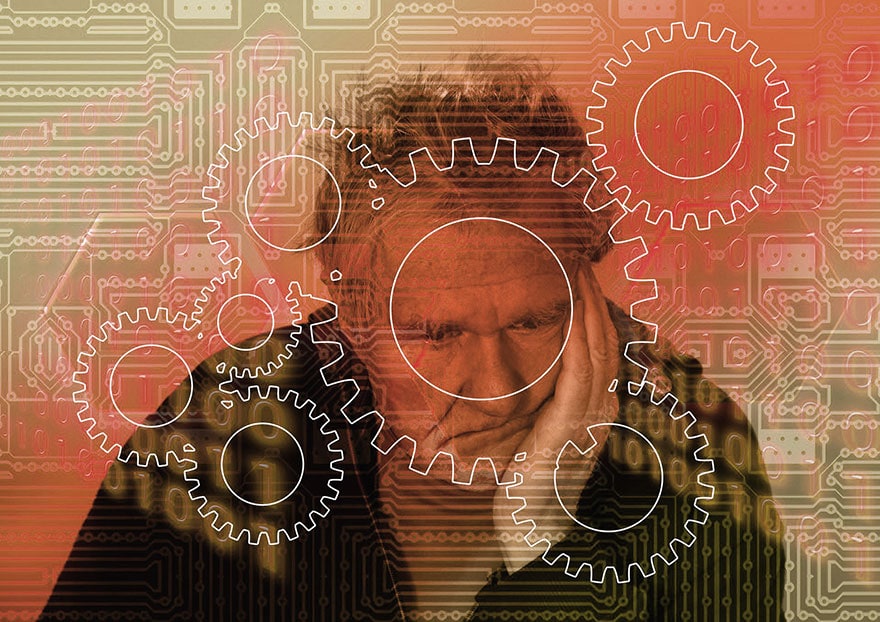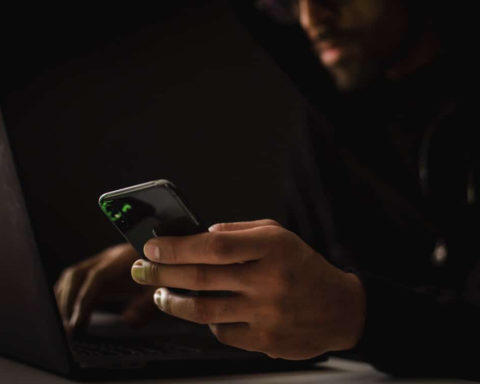What's the blockchain?
READ UP : The blockchain, an ingredient of new breakthrough innovations
READ UP : ICO: the challenge of effective regulation
Serious brakes
READ UP : Is the blockade as safe as they say it is?
Get the blockade "out of the sandbox."
Download the France Stratégie report
Anything to add? Say it as a comment.












